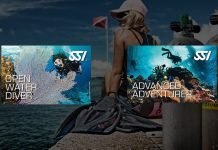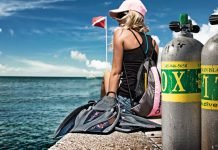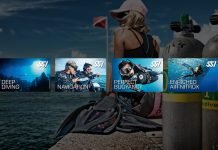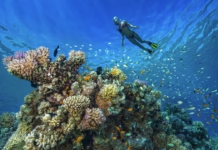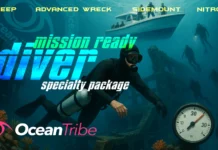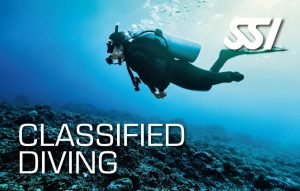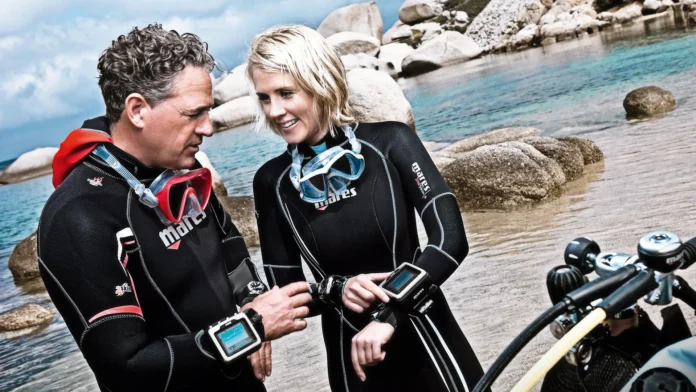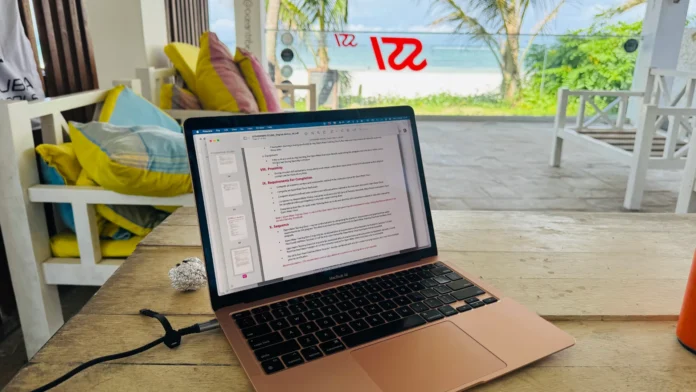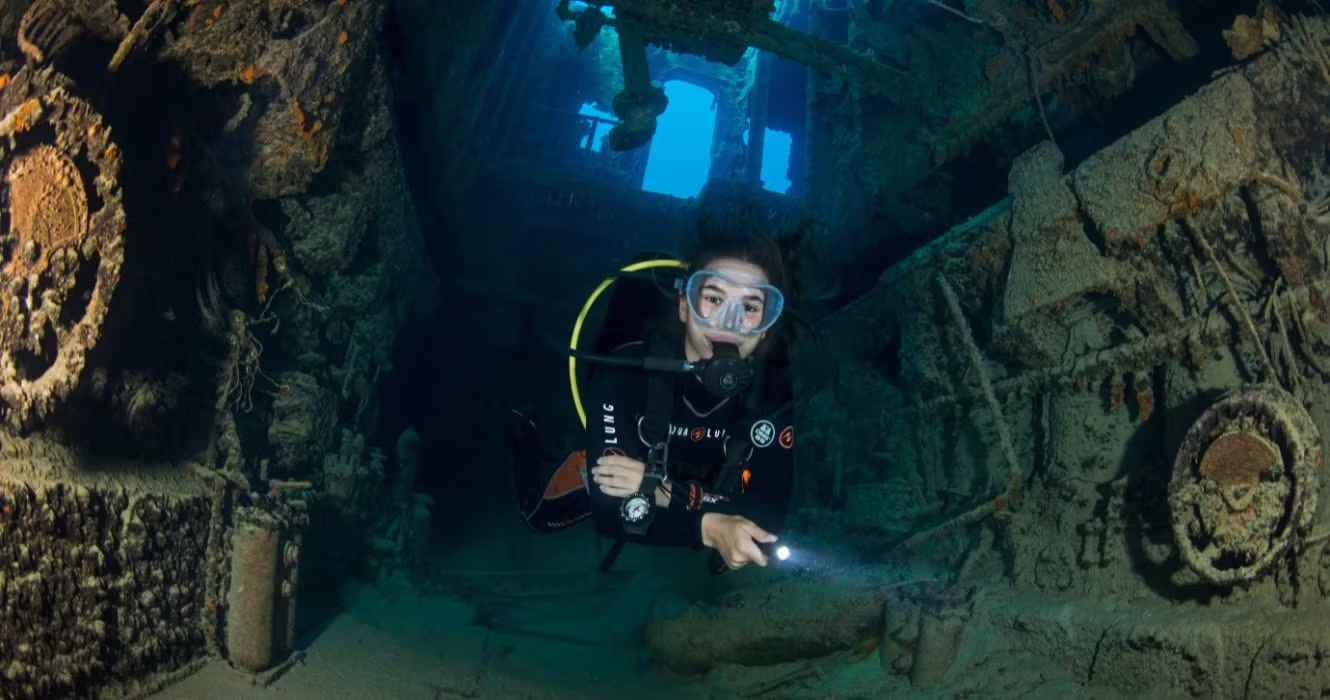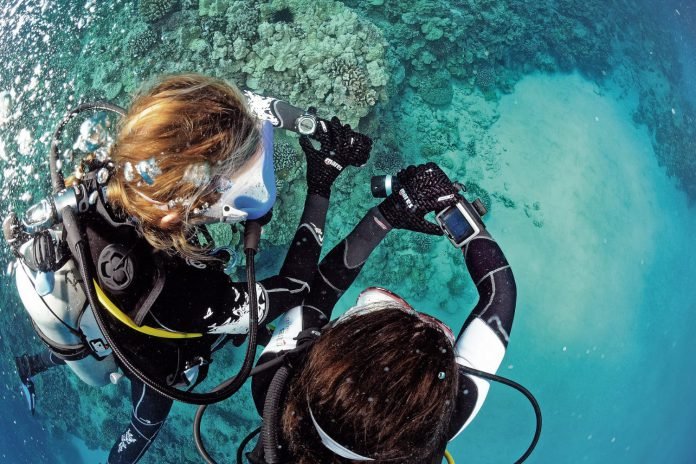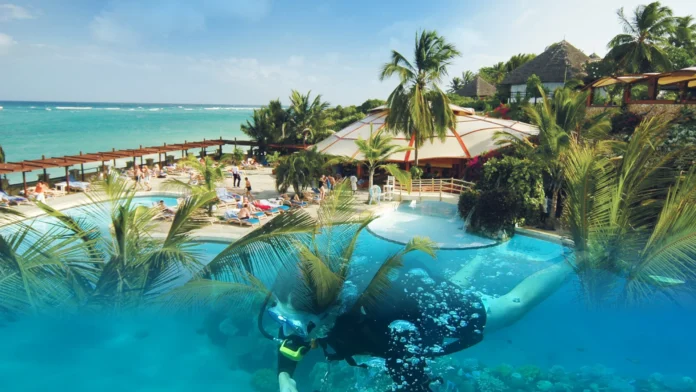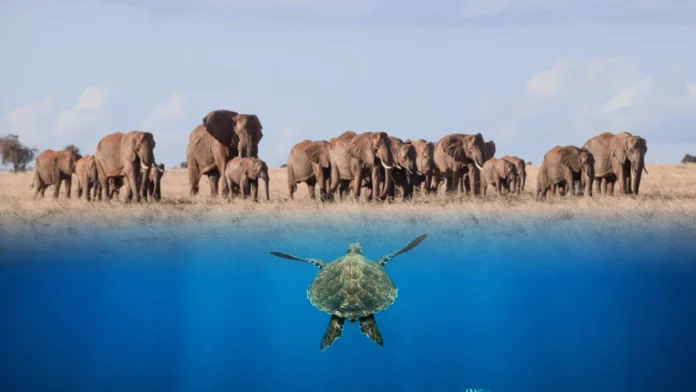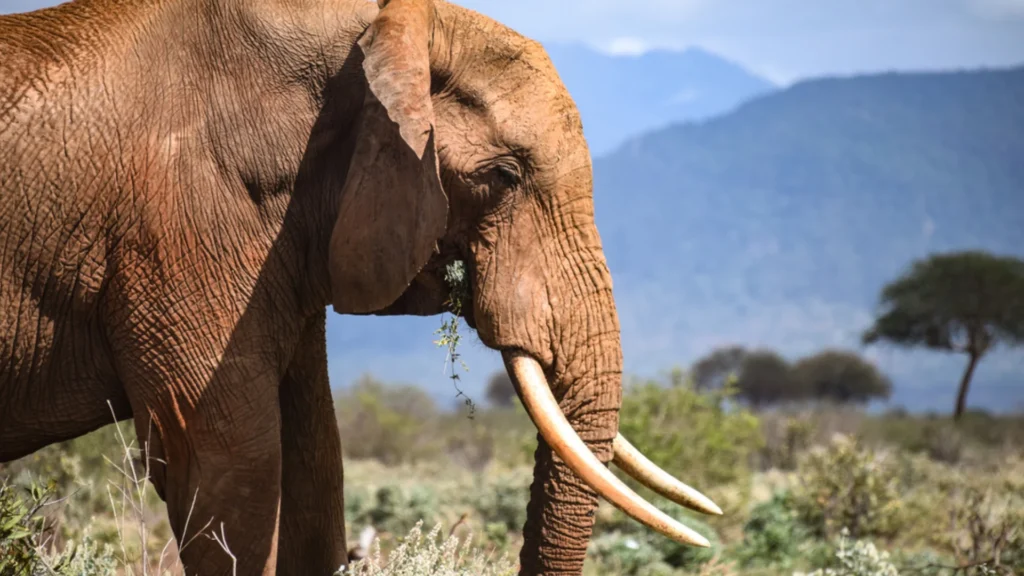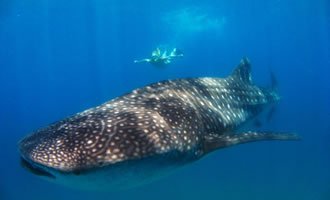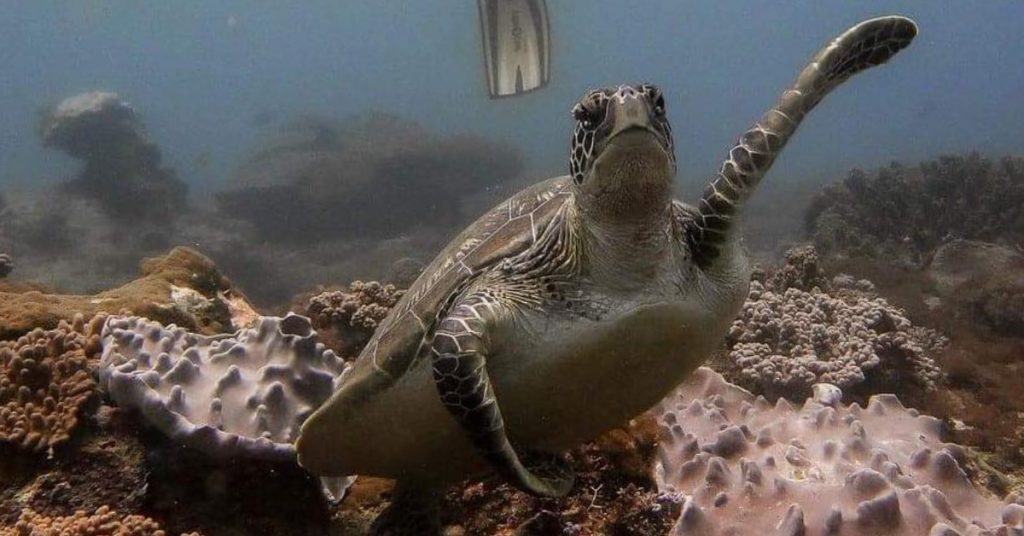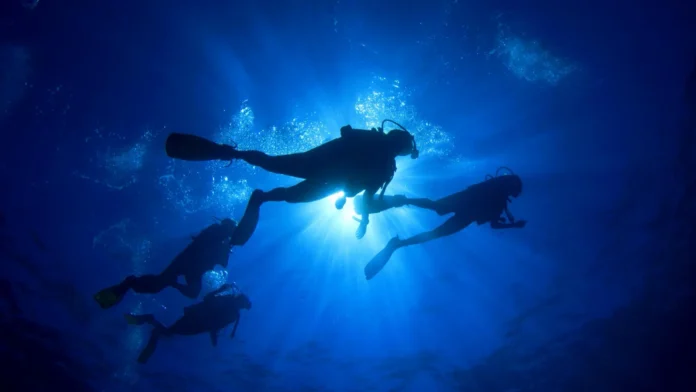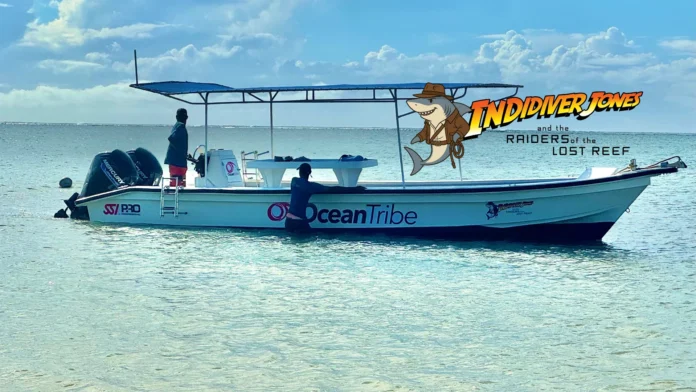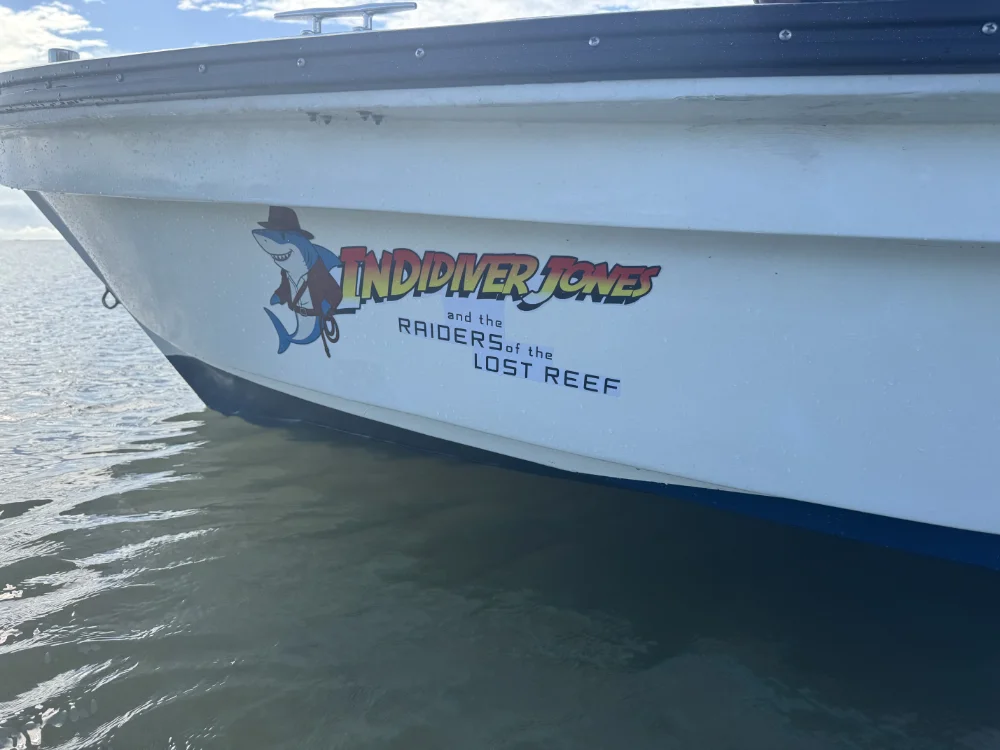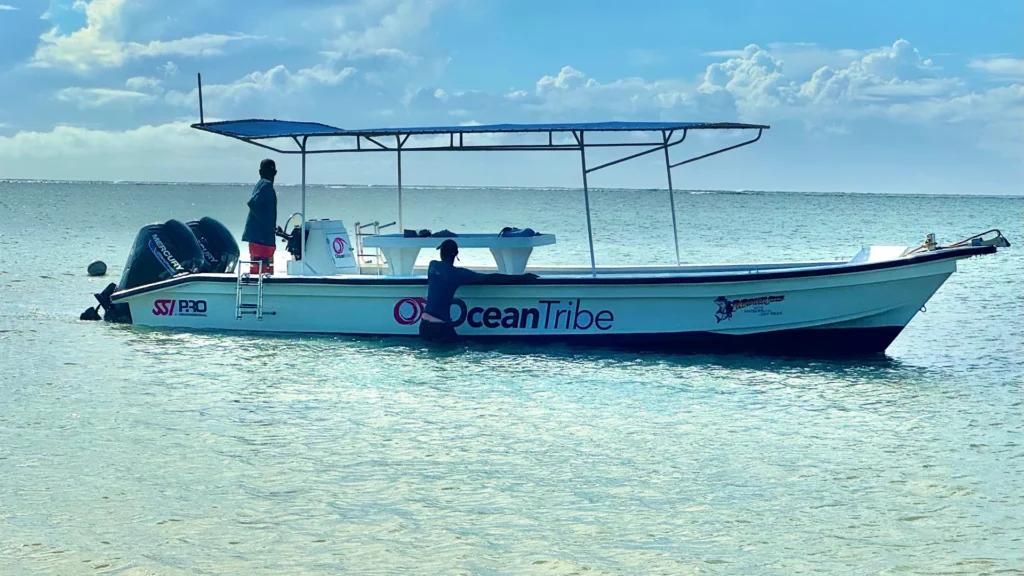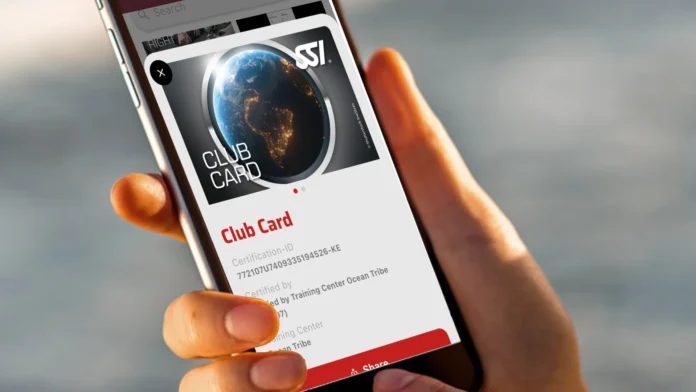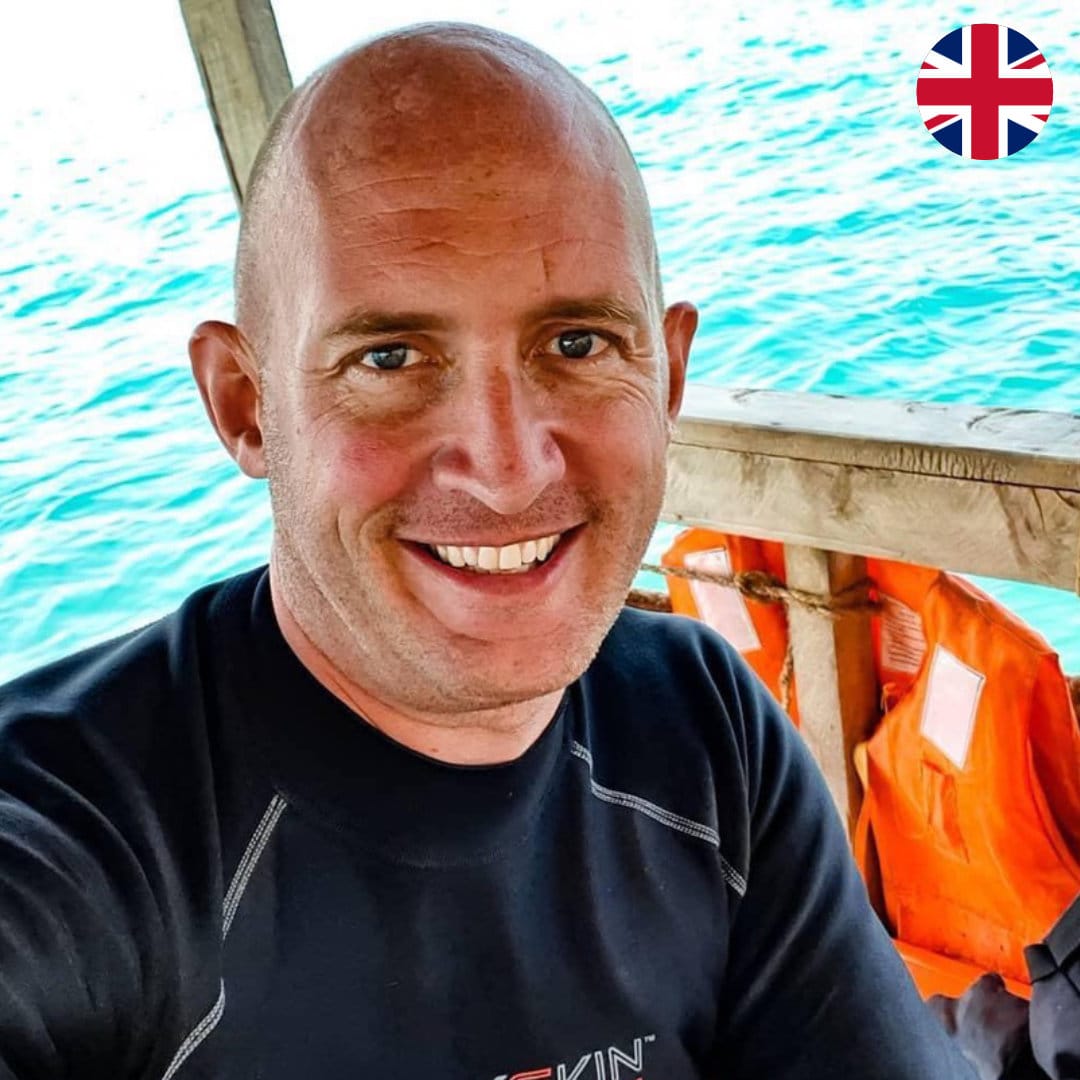Leading a dive doesn’t stop once you hit the surface. The dive debrief is where real growth happens. If you’re wondering how to give a dive debrief, this guide will show you how to do it like a pro.
A debrief gives divers the chance to reflect on their performance, correct mistakes, and reinforce what went well. It improves safety, strengthens team communication, and builds diver confidence. Whether you’re working with beginners or seasoned divers, a well-structured debrief turns every dive into a learning experience. It also shows professionalism, creates trust, and encourages divers to stay curious and motivated.
When done properly, a debrief transforms a dive from a one-off experience into a stepping stone for long-term improvement. Here’s how to deliver it clearly, positively, and with purpose.
Start with the Pre-Dive Safety Check
Ask how the buddy checks went. Did anyone find a problem? Did everyone take it seriously or rush through it? This sets the tone and reinforces the importance of doing it right every time.
Review the Entry
Was the entry controlled and calm? Did everyone enter at the right time with the correct spacing? Highlight anything that went wrong and how to correct it before the next dive.
Discuss the Descent and Equalization
Was the descent smooth? Did everyone equalize without issues? If someone struggled, find out why. Fixing equalization or descent problems builds confidence and comfort for the next dive.
Cover the Core Fundamentals
How was buoyancy control? Was trim stable and horizontal? Did everyone use efficient propulsion techniques? Was breathing slow and controlled? These are the core skills every diver needs to master.
Check Equipment Performance
Did all gear function correctly? Any issues with masks, regulators, or hoses? If something didn’t work properly, fix it now—not mid-dive tomorrow.
Did You Handle the Conditions?
Ask the group honestly—did they manage the environment or feel overwhelmed? Whether it was surge, current, or low visibility, help them reflect and improve their response.
Navigation, Communication, and Awareness
Did the group stay together and follow the plan? Were signals clear? Did everyone stay aware of their position, their buddy, and their surroundings? These skills keep dives smooth and safe.
Was the Dive Ended at the Right Time?
Did the team surface according to the plan, or did something force an early exit? Review air limits, time limits, and comfort levels. Ending strong is part of good dive leadership.
Review the Ascent and Safety Stop
Was the ascent slow and controlled? Did everyone complete a full safety stop? Reinforce why this is essential—even on easy dives.
Reflect on the Exit
How was the exit from the water? Was it smooth, or did someone need help? Practice and planning make this final step safer and more efficient.
Calculate the SAC Rate
Ask each diver for their Surface Air Consumption rate. Review how buoyancy, trim, and breathing control affect it. Tracking SAC helps divers improve efficiency over time.
End with One Key Takeaway
Finish strong. Ask every diver what they’ll focus on next time. This helps them apply what they learned and take ownership of their growth.
A good debrief isn’t a lecture. It’s a two-way conversation that makes every diver better. Knowing how to give a dive debrief is one of the most powerful tools in a dive pro’s toolkit. Use it well, and your divers will improve after every single dive.
Interested in learning more? Check out this information from The Human Factor for more in depth analysis and ideas.




